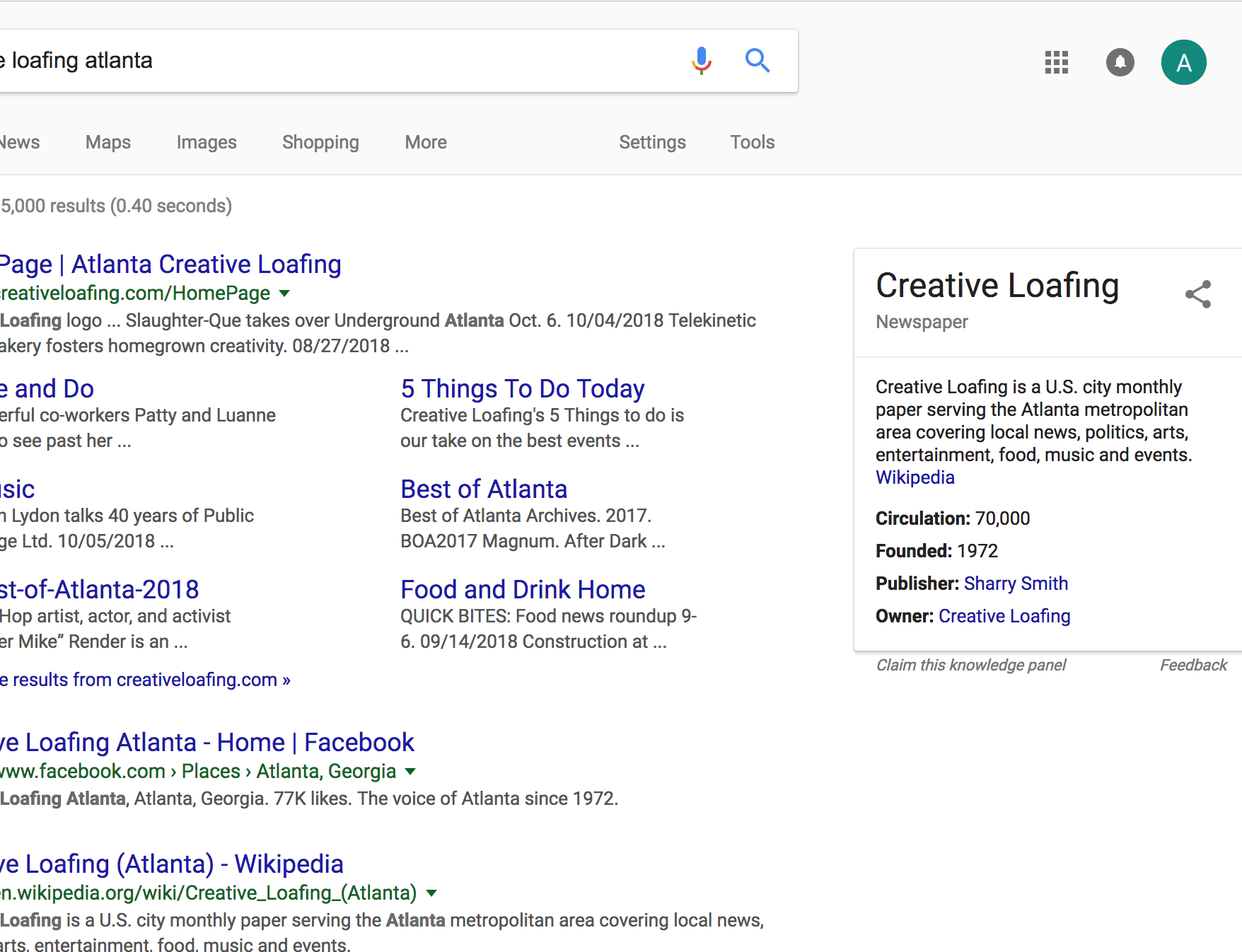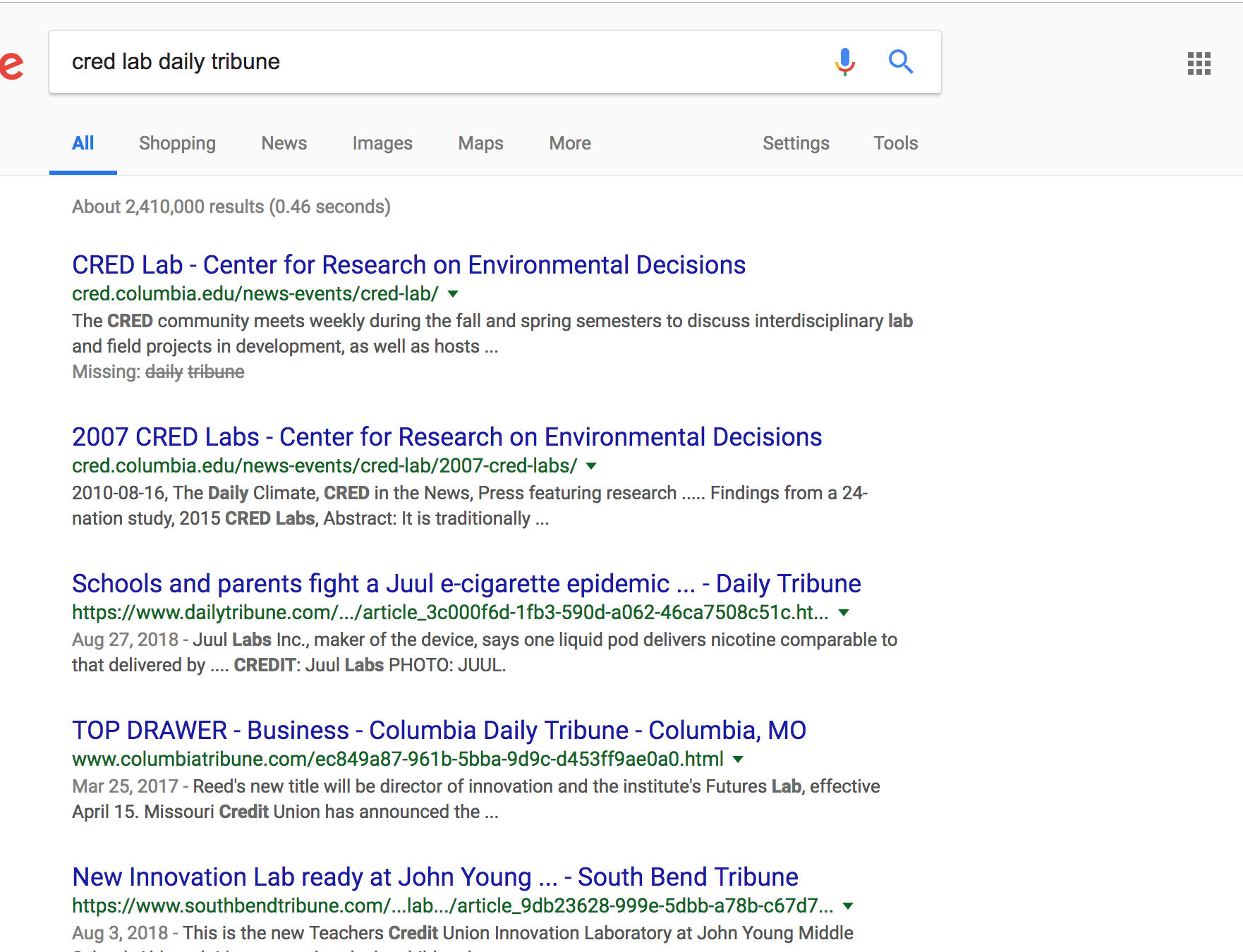The #NOW Challenge at Wellesley College
Help create and improve 1,000 Wikipedia pages for local newspapers by December 15, 2018
The Four Goals of the Newspapers on Wikipedia (NOW) Project:
- Help make Google search engine a better tool for users to judge source credibility, by improving Wikipedia’s coverage of newspapers. Increasing the number of newspapers covered by Wikipedia can improve public web literacy, by making it easier for Google users to decipher credible news sources from bias or fake news.
- Help girls in Asia and Africa learn to read via the Room to Read foundation, through the generosity of Paul Haar and Susan Karp.
- Change the gender balance of editors in Wikipedia (in 2018, 90% of editors were male). Such a skewed gender representation affects what topics are written about. If more women and non-binary people become editors, Wikipedia will better reflect the issues and topics that are important to everyone.
- Build awareness of local newspaper culture and history!
Events
October 11th Edit-a-Thon
- 6 - 6:10PM: Introduction
- 6:10 - 6:25PM: Instruction
- 6:25 - 7:30PM: Edit!
Can’t attend the event but want to help? You can still participate! We’d love for you to contribute remotely, if you cannot attend the event in person! Please email us if this is the case. On the week of the event, we’ll send you a link to website that includes instructions on how to edit and keep track of your edits. (Eventually, our goal is for all participants to edit Wikipedia pages in their own time!) Please email any technical how-to questions to arothsch[ at] wellesley [dot] edu.
What is the #NOW project?
Background
The #NOW (Newspapers on Wikipedia Project) was created by Mike Caulfield after reading Investigating the Effects of Google's Search Engine Result Page in Evaluating the Credibility of Online News Sources, written by Emma Lurie '19 and Professor Eni Mustafaraj, of Wellesley's CS Department. As Caulfield writes, "The core of the paper is this — Lurie and Mustafaraj nudged students with prompts into using lateral reading on sources, and then watched how they performed. In doing so, they were able to identify the ways in which untutored lateral reading succeeds and how it fails. This close examination yields a variety of insights in what search platforms, media literacy teachers, researchers, and others can do to better support readers in this process, as well as noting some pitfalls of current online literacy advice."
 Now, what does this have to do with Wikipedia?
Now, what does this have to do with Wikipedia?
In short, Wikipedia information is used to create Google's "knowledge panels" - what you see when you Google something like a newspaper. An example of a basic knowledge panel (for a paper you might be unfamiliar with, like "Creative Loafing", a local Atlanta, GA paper) can be the first step to establishing a credible news source. Having credible information in that knowledge panel is a good first step in lateral reading - or the process of researching a source or topic by looking for other information on the source. The richer the knowledge panel, the more helpful it can be -  google the New York Times to compare its knowledge panel to that of Creative Loafing. Now, for example, if you encountered a fake news story from a bogus source, let's say the "CRED Lab Daily Tribune" and you weren't able to find anything proving the legitimacy of the "CRED Lab Daily Tribune", you would be less likely to believe the story. See at right, there's no knowledge panel for this non-existant newspaper (however, many legitimate newspapers are lacking them, which makes differentiation difficult.) Now say you saw the same story from the "Creative Loafing" and you found reliable information for the source - you'd be more likely to believe it. By making sure legitimate newspapers are well documented on Wikipedia, we make it quicker and easier to delineate between a real and fake news source. And, as we all know, fake news has a multitude of extremely dangerous effects.
google the New York Times to compare its knowledge panel to that of Creative Loafing. Now, for example, if you encountered a fake news story from a bogus source, let's say the "CRED Lab Daily Tribune" and you weren't able to find anything proving the legitimacy of the "CRED Lab Daily Tribune", you would be less likely to believe the story. See at right, there's no knowledge panel for this non-existant newspaper (however, many legitimate newspapers are lacking them, which makes differentiation difficult.) Now say you saw the same story from the "Creative Loafing" and you found reliable information for the source - you'd be more likely to believe it. By making sure legitimate newspapers are well documented on Wikipedia, we make it quicker and easier to delineate between a real and fake news source. And, as we all know, fake news has a multitude of extremely dangerous effects.
But, it gets even better!
Funded by donors Paul Haahr and Susan Karp, each page that is completed will garner a donation of $25 towards Room to Read, an organization that promotes literacy and gender equality in education, specifically in ten countries in the Asian and African continents. But, there's a time limit - pages have to be created before December 15, 2018.
Set Up
Creating your Wikipedia account
Add your name to the #NOW Wikipedia Project page
Your user page can be accessed at: https://en.wikipedia.org/wiki/User:YOUR-USER-NAME
The #NOW project page can be found here
You'll need the following text snippets:
*[[User:YOUR-USERNAME-HERE|YOUR-DISPLAY-NAME-HERE]]
Editing your first infobox
Ideally, we'll get to the point where we can create new pages from scratch. However, it's good to get some editing experience first - and Wikipedia requires an account to be 4 days old and have at least 10 edits before it can be used to create a new page. Thus, we'll start by editing infoboxes, which are also a crucial component because they feed information to the knowledge panels.
The first step is to find a paper from this list from the Wikipedia project page which lists all newspapers that need infoboxes.The infobox template will also be helpful.
Skip down to this page if the page for the paper you're editing doesn't include the information in the template, such as an ISSN code. However, most of the information you'll need should already be in the body of the page already.
Where to find information
Wikipedia editors are STRICT about what qualifies as a legitimate source. Remember, the guiding principle of the editors is that Wikipedia should be an encycolpedia, but only for the "noteable" stuff. Thus, the better researched and backed up an edit is, the more likely it is to stick around. In general, the Library of Congress, local libraries, and Google Books are a great way to find information on local newspapers. In particular, for new pages, here are some good places to start looking for particular fields:
- The name, type, and format are usually pretty easy to find on the text of the paper's website.
- Foundation (when the paper was founded), owners, publisher, and editor can usually be on the "about us" page of the paper's own website, if you're having trouble establishing these, but use the "about us" page only as a starting point and find secondary sources that reference that information.
- The political bias is usually obvious if there is a strong reference - you could scan the homepage briefly if you're not sure.
- Circulation can be difficult to find; previously I've had luck with Echo Media by searing for the specific paper in the search bar on the homepage.
- Headquarters is usually on the "Contact Us" page of the paper. Using the newspaper's own page for the headquarters doesn't usually ruffle Wikipedia editors' feathers because this is very factual information on which the newspaper itself will actually be the best source.
- ISSN is a serial number for magazines and newspapers, you can lookup a paper by name here.
Acknowledgements
- Many thanks to Mike Caulfield, director of blended and networked learning at Washington State University Vancouver, for his work on the #NOW project.
- This website was created with Start Bootstrap's Resume Template.
- This Edit-a-Thon is part of the #NOW outreach of Wellesley College's CRED Lab, whose Principal Investigator is Professor Eni Mustafaraj. This particular Edit-a-Thon is being run by Anna Kawakami '21 and Annabel Rothschild '20.
- Materials for this website were created by Annabel Rothschild, please reach out to her with questions at arothsch [at] wellesley [dot] edu.
Please fill out a quick feedback form on the event today.